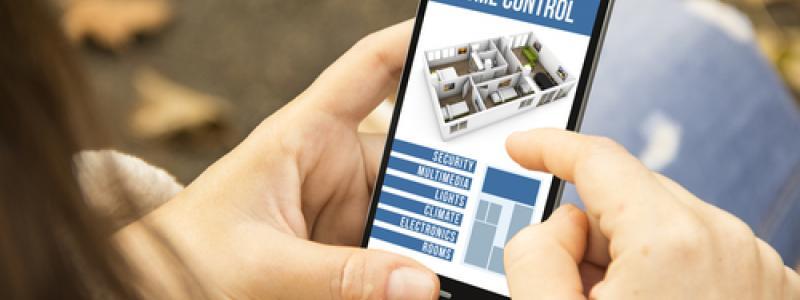By Decade’s End, People Will Likely Own A Mobile Phone Than Have Electricity

We live in an increasingly mobile phone driven world, and it certainly shows. Go to the nearest coffee shop and rarely will you see any person not clutching a mobile phone, making or taking calls, texting somebody, checking their Facebook or Twitter feed, watching a YouTube video, or listening to Spotify. That should be expected if you are living in developed countries, especially Western nations like the United States or the United Kingdom. However, in some developing countries, owning a mobile phone is still considered a luxury.
But by the end of this decade though, that is about to change. According to the annual report on mobile traffic released by Cisco, 5.4 billion across the globe will be owning a mobile phone by the year 2020. Now compare that to the forecasted numbers for people who will have electricity (5.3 billion), running water (3.5 billion), and automobiles (2.8 billion) in four years.
In terms of overall mobile data traffic around the world, Cisco estimates a ten fold growth to 366.8 exabytes by decade’s end. How big exactly is 366.8 exabytes? This is equal to about 7 trillion YouTube videos, or around 81 trillion images uploaded on Instagram.
This should not be much of a surprise to many. At least for those who are already familiar with the concept of the Internet of Things, a mobile driven society is sort of inevitable. The Internet of Things envisions a world in which every gadget is connected to each other, but it is very likely that connectivity in the future will center around our mobile phones. Cisco seems to agree, forecasting that in 2020, 81 percent of the total mobile traffic will be attributed to mobile phones.
With regards to total volume of mobile phones, Cisco predicts that there will be 11.6 billion handsets by the end of this decade, a significant leap from the 7.9 billion devices owned by people in 2015. With the Internet of Things facilitating the connectedness of everything, more people will likely buy mobile phones.
The exponential number of mobile devices in 2020 will also tie up nicely with all that talk about 5G wireless technology. It has been said that 5G will expand the concept of connectivity in ways we can only imagine for now. Existing wireless technologies today only allow us to basically make calls, text each other, and browse the Internet. But 5G wireless technology might just change the definition of being connected via mobile.
Related Blog Articles
- Apple To US Supreme Court: Don’t Prolong Patent Case Against Samsung
- Why Are We Getting Addicted To Mobile Tech?
- Bidding Goodbye To Mozilla’s Firefox OS Phones
- Instagram Now Has Support For Multiple Accounts
- MVNOs Are Making A Comeback
- Facebook Now Exploring SMS Integration For Messenger; Introducing Support For Multiple Accounts
- TextNow Wireless Debuts Samsung Galaxy S6 Edge, International Calling
- Mobile World Congress 2016: What To Expect From Mobile Manufacturers
- Mobile Video Spurs T-Mobile’s Third Straight Quarter Of 2 Million Plus New Customers
- $4 Smartphone, Anyone?
Related Blog Posts
- Report: Drug users are using wearable devices during binges
- Spotify allows Android users to reorder playlists; Pandora lets users share tunes to Snapchat Stories
- WhatsApp combats fake news with a new forwarded label
- FCC: Today’s improving mobile networks can impact healthcare costs
- Did Apple Music already overtake Spotify in America?


 Menu
Menu